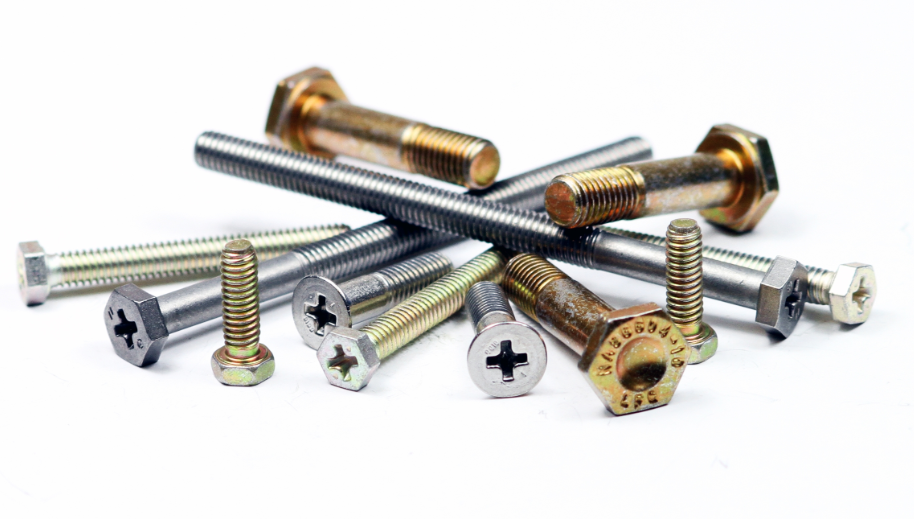Key Takeaways
- Understand the different types of aerospace fasteners and their specific applications.
- Learn about the significance of aerospace fasteners in maintaining aircraft safety and performance.
- Gain insights into the benefits and advancements in aerospace fastening technology.
The Role Of Fasteners In Aerospace Engineering
In the intricate world of aerospace engineering, the importance of durable, reliable fasteners cannot be overstated. These small yet mighty components are crucial in holding together various parts of an aircraft, ensuring structural integrity and optimal performance. Whether in the assembly of airframes or the precise construction of engines, aircraft hardware kits play a pivotal role. Fasteners in aerospace must meet strict standards, as even minor failures can have severe consequences for safety and equipment. A deep understanding of fasteners is crucial for ensuring aircraft safety, reliability, and performance. Despite their small size, fasteners are vital in handling high-stress conditions and harsh environments. Their evolving materials, designs, and techniques reflect ongoing advancements in aerospace technology.
Different Types Of Aerospace Fasteners
Aerospace fasteners come in various types, each with specific functions:
- Bolt Fasteners: Provide strength for high-stress areas, holding components together under extreme pressure and vibration.
- Nuts and Washers: These are used with bolts to ensure a secure connection, distribute the load evenly, and prevent damage.
- Rivets: Offer permanent, secure connections for joining panels, commonly used in aircraft fuselage and wings.
- Screws: Versatile and easy to install or remove, suitable for areas needing frequent maintenance.
- Hi-Loks: High-performance fasteners that resist loosening under vibration are used in critical structural areas for safety and performance.
Importance Of Quality Fasteners In Aerospace Industry
Quality aerospace fasteners are critical for ensuring aircraft safety and performance. Over 50% of aircraft failures are attributed to faulty fasteners, highlighting their crucial role. Aviation experts stress that fasteners must undergo stringent testing to prevent catastrophic failures. Rigorous inspections and quality control ensure fasteners can endure aerospace conditions. Using inferior or unsuitable fasteners can cause structural failures, performance issues, and higher maintenance costs. Sourcing high-quality, certified fasteners from reputable suppliers is crucial for meeting industry standards and ensuring reliability and durability. Investing in quality fasteners enhances aircraft safety and longevity, protecting passengers and crew.
Applications Of Aerospace Fasteners
Aerospace fasteners are crucial for aircraft safety and performance in several key areas:
- Airframe Assembly: Bolts, rivets, and screws provide strength and durability, keeping structural components securely connected to endure flight stresses.
- Engine Components: Fasteners like bolts and Hi-Loks withstand high temperatures and stress, ensuring engine parts remain aligned and operate safely and efficiently.
- Interior Applications: Screws and nuts secure cabin components, including seating and cockpit assemblies, enhancing both passenger comfort and safety.
Advancements In Aerospace Fastening Technology
The aerospace industry is advancing rapidly, with innovations in fastening technology keeping pace. The rise of composite materials has driven the creation of fasteners designed to bond these materials effectively. These developments contribute to building lighter, more fuel-efficient aircraft while maintaining strength and durability.
Integrating intelligent fasteners with sensors is another breakthrough, enabling real-time health monitoring of aircraft structures. Innovative fasteners with sensors can monitor stress, temperature, and other vital parameters, providing valuable data to predict and prevent potential issues. This technology improves maintenance, reduces downtime, and enhances overall aircraft reliability.
Choosing The Right Fasteners For Your Application
Choosing the suitable fastener involves evaluating material compatibility, load requirements, and environmental conditions. Compatibility is essential to prevent galvanic corrosion and ensure secure connections. Load requirements determine the type and size of the fastener needed to handle stresses. Environmental factors, like temperature changes and moisture, affect performance, so selecting materials that can endure these conditions is crucial. Consulting with aerospace engineers and following industry standards helps select fasteners that meet specific application needs, ensuring optimal performance and safety.
The Environmental Impact Of Aerospace Fasteners
Aerospace fasteners, like other industrial components, have an environmental footprint. The shift towards sustainable aviation has led to developing eco-friendly materials and recycling processes. Manufacturers are increasingly using less harmful materials and adopting waste-reducing, energy-efficient practices. Emphasizing green practices, such as recyclable materials and efficient manufacturing processes, benefits the environment and supports the aerospace industry’s sustainability goals. This approach helps reduce carbon emissions and minimizes the industry’s impact on the planet while fostering innovation.

